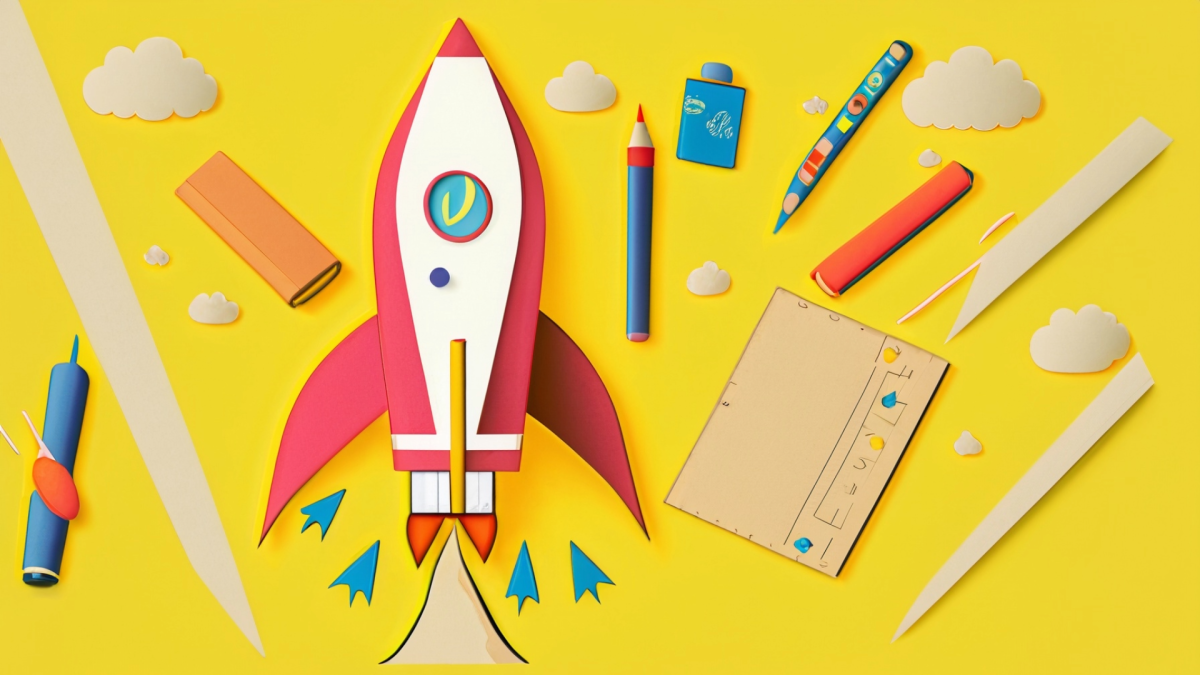
Grades:
6th Grade
Explore the concepts of force and energy transfer by launching rockets of varying weights and observing the resulting flight distances. Gather numerical data on the flight distances of the rockets and

Grades:
6th Grade
Students will: Construct a pool noodle rocket flinger using provided materials, demonstrating an understanding of the design principles involved. Explore the concepts of force and energy transfer by

Grades:
Kindergarten
Discuss with students how the size and shape of a structure helps to make different areas and shapes of shade. You might briefly discuss how some structures block the sunlight from the top only, while
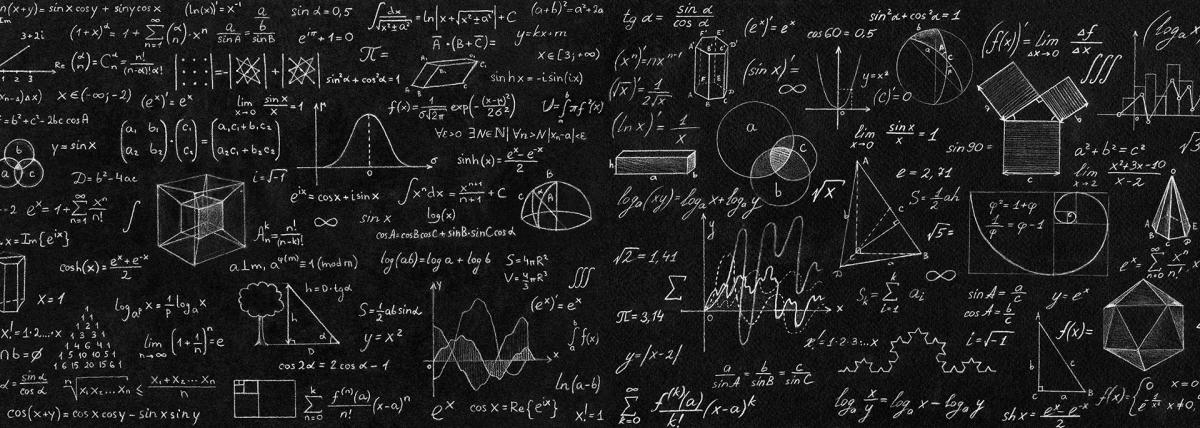
Grades:
9th Grade, 10th Grade, 11th Grade, 12th Grade
This lesson can be used as a formative assessment on Static Equilibrium of a horizontal meter stick that has two masses hanging from the meter stick. One of the mass values is provided, the 2nd mass

Grades:
6th Grade, 7th Grade, 8th Grade, 9th Grade, 10th Grade, 11th Grade, 12th Grade
Students use a GIS story map and hands on investigation to analyze the urban heat island effect in Phoenix.
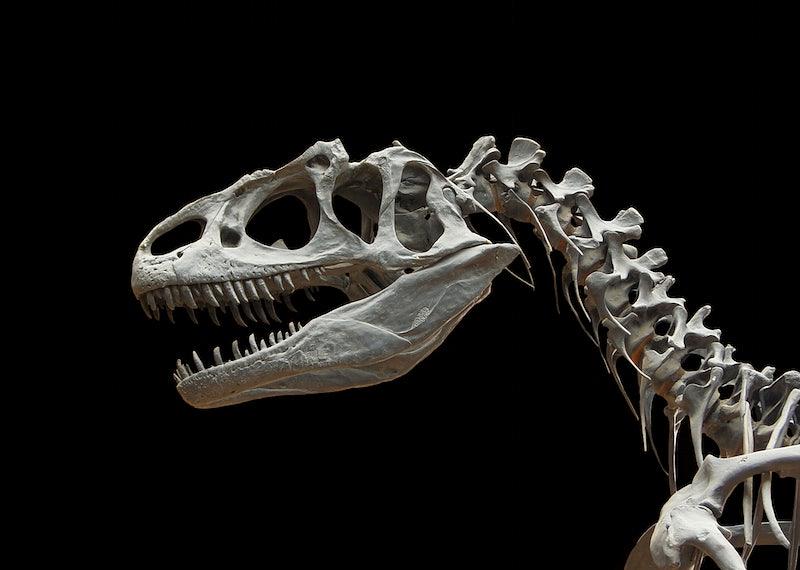
Grades:
6th Grade, 7th Grade, 8th Grade, 9th Grade, 10th Grade, 11th Grade, 12th Grade
Students put together fossil bone cut outs to determine a prehistoric species before learning about the different ways scientists determine the physical characteristics of extinct organisms.

Grades:
2nd Grade, 3rd Grade
Students will research a biome around the world, including 3 animals, 3 plants, and 3 nonliving parts of the ecosystem. Students will construct a diorama of the biome and illustrate a natural disaster

Grades:
4th Grade, 5th Grade
This lesson is part 2 of a lesson based off of the Artemis Roads II developed by NASA. It moves from the research of the project to the engineering aspect.

Grades:
4th Grade, 5th Grade
This lesson is based off of the Artemis Roads II lesson developed by NASA. Students will be researching and developing a biome/lunar greenhouse. This is part 1 of 2 of the lesson plan.

Grades:
9th Grade, 10th Grade, 11th Grade, 12th Grade
This STEM Argumentative Research Project engages students in exploring the scientific, ethical, and societal implications of themes in Mary Shelley's "Frankenstein." Students will work in groups to
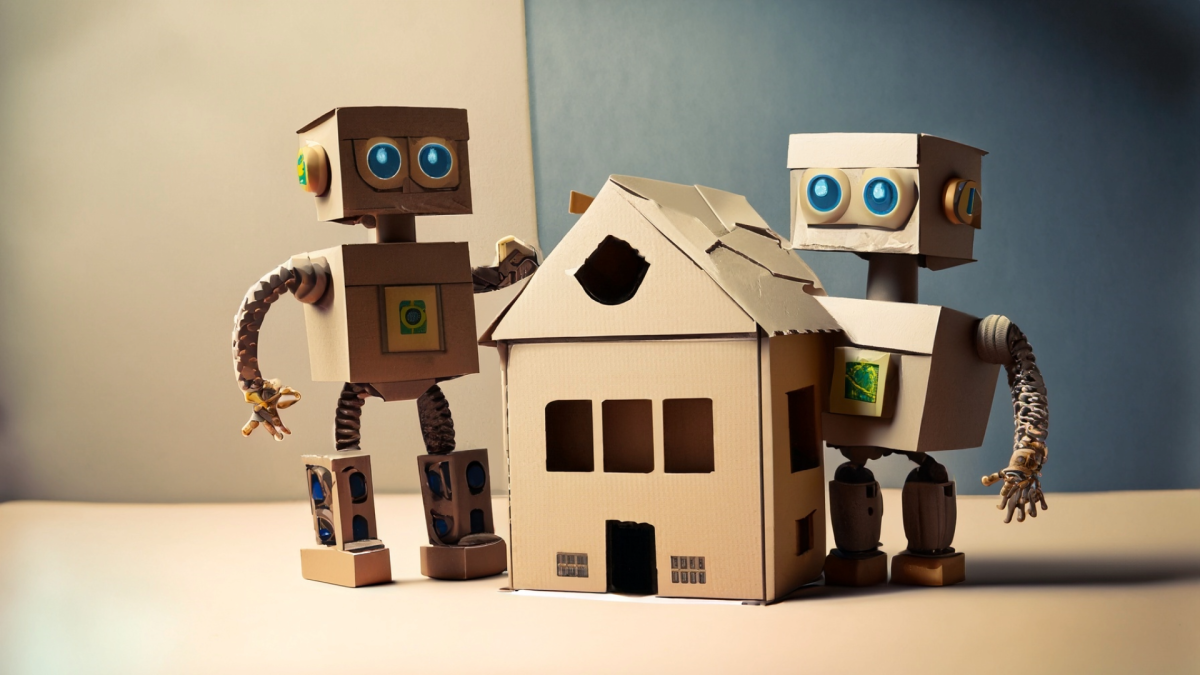
Grades:
5th Grade, 7th Grade
This lesson is all about force and the influence it has on the motion of an object. In this lesson plan, students will be challenged to design a sturdy paper human house that can withstand force (wind

Grades:
1st Grade
Engage your young learners in an exciting journey through the world of STEM with our "Balloon Rocket Race" lesson! Designed specifically for 1st-grade students, this interactive and hands-on lesson

Grades:
6th Grade
This lesson is a four-day unit lesson that highlights the understanding of the climate, geography, trends in the change of temperature, and the related changes in precipitation in the state. This

Grades:
5th Grade, 7th Grade
This is a project to be used possibly at the end of a unit on Newton's Laws with discussions of how his laws apply to the painting and the motion of the pendulum. It can also lead to discussions of

Grades:
4th Grade
In this hands-on lesson, students work collaboratively in groups to design models to represent the relative positions of the Earth, Sun, and Moon as they relate to each of the 8 phases of the moon

Grades:
10th Grade
In this creative lesson, students will engage in argument from evidence to determine the feasibility of the use of an energy resource. Students will research an energy resource and answer a set of
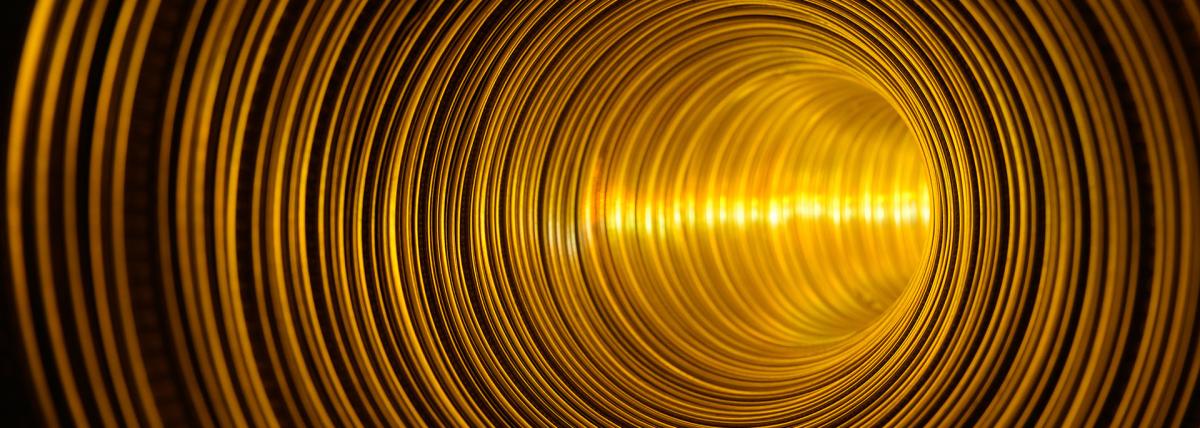
Grades:
4th Grade, 5th Grade
In this engaging lesson, students will explore the fascinating world of magnetism. Students will learn about different types of magnets and how they work. Additionally, we will delve into the concept

Grades:
7th Grade, 8th Grade, 9th Grade, 10th Grade, 11th Grade, 12th Grade
Want to incorporate the Arts into your 7-12 STEM classroom? The Global Science Opera provides a way to do just that! Learn how to facilitate a STEAM collaboration with arts teachers to make it happen.

Grades:
8th Grade
The students will come up with what is sound and how it is produced. Then in the next two lessons explore with a signal generator to explore amplitude and frequency.

Grades:
1st Grade
Welcome to an exhilarating journey of problem-solving and exploration with Bee-Bots! In this captivating adventure, students will embark on a thrilling quest to navigate through challenging mazes

Grades:
7th Grade
Students design and build tools for collecting meteorology data. Then students will collect data to make predictions about future weather moving into the area.
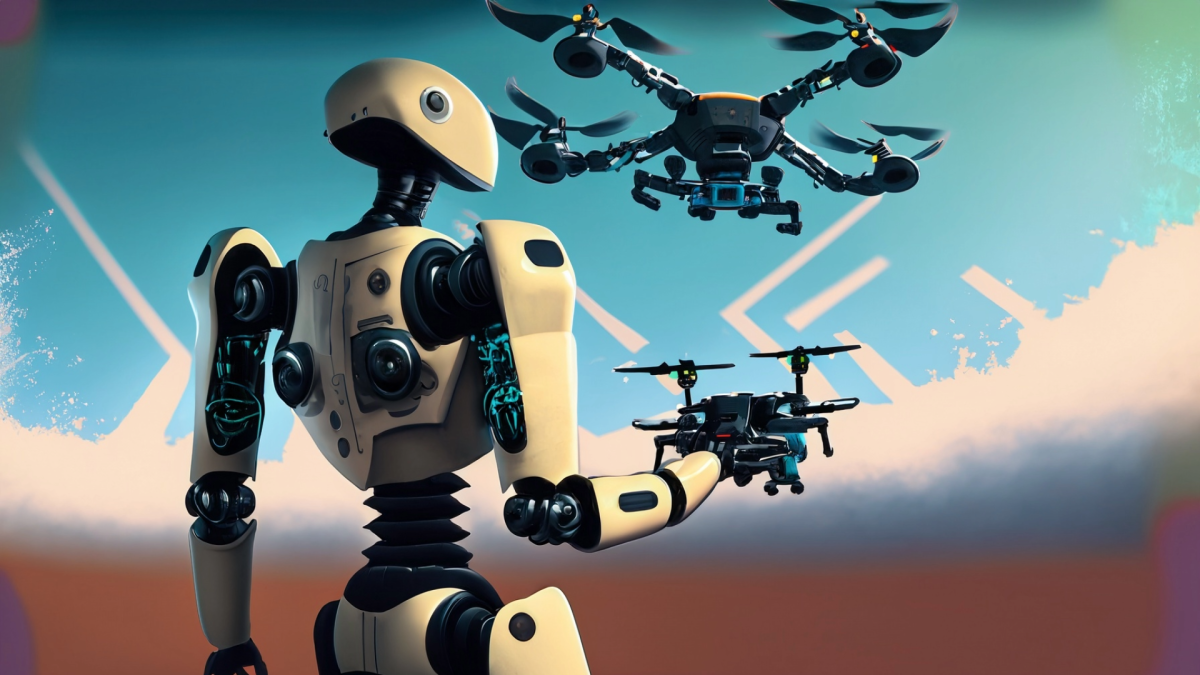
Grades:
3rd Grade, 4th Grade, 5th Grade, 6th Grade, 7th Grade, 8th Grade
On the second day students use more complex coding, the built in camera for taking pictures and experience FPV. It has 3 missions total in this lesson. This lesson also uses yaw to keep the camera
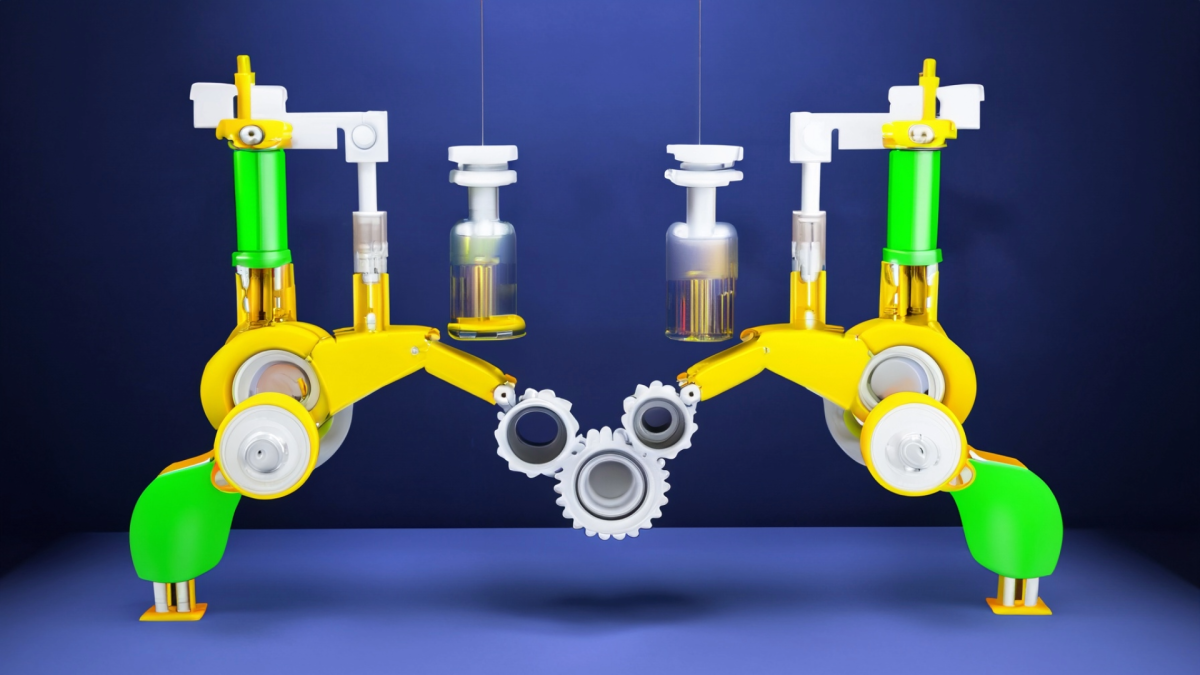
Grades:
Kindergarten
Kindergarten students will be given a STEM case to solve! The goal is to build a bridge for two different sized/weight of vehicles. Students will research types of bridges and decide which bridge will

Grades:
9th Grade, 10th Grade, 11th Grade, 12th Grade
In this lesson, students will explore the key physics principles that govern the design and operation of street lighting systems. Through a hands-on engineering design challenge, students will apply


